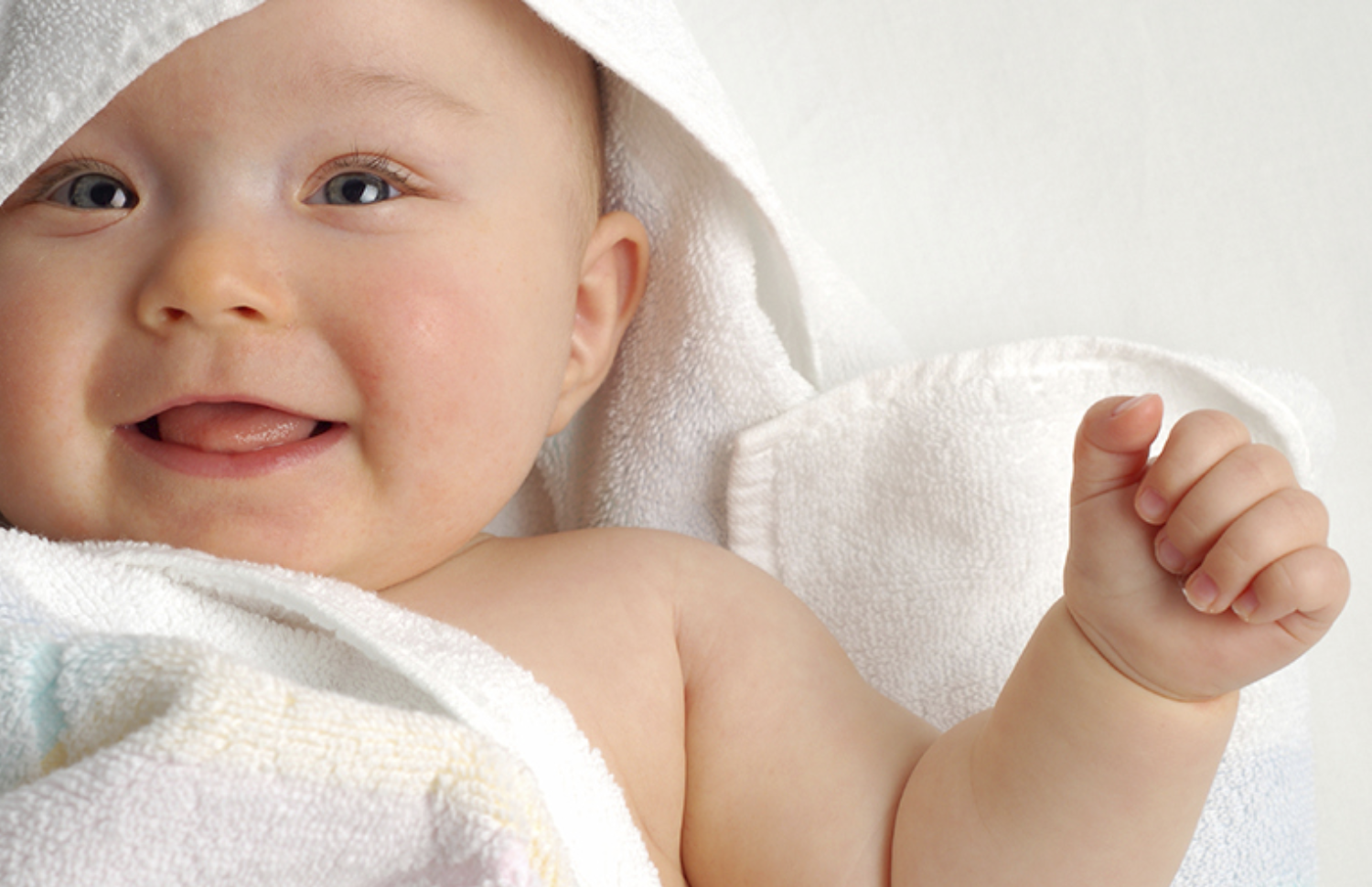Never Shake a Baby
Shaken Baby Syndrome (SBS) also known as Abusive Head Trauma (AHT) is a term used to describe the injuries caused by the violent shaking or shaking and impacting of the head of an infant or small child. SBS/AHT is the LEADING cause of child physical abuse in the U.S and is 100% preventable!
It’s estimated 1, 500 children are shaken each year. Approximately 75% of babies shaken suffer lifelong injuries, the other 25% die.
The #1 trigger for shaken baby syndrome is frustration with a baby crying.
Why Is Shaking a Baby Dangerous
Violent shaking for just a few seconds has the potential to cause severe injuries. While shaking may cause injury to children of any age, children are most susceptible to being injured during their first year of life. Factors that contribute to a baby’s vulnerability include:
- Babies’ heads are heavy and large in proportion to their body size.
- Babies have weak neck muscles.
- Babies have fragile, undeveloped brains.
- There is a large size and strength difference between the victim and the perpetrator.
Symptoms of Shaken Baby Syndrome include:
- Extreme irritability
- Difficulty staying awake/can’t be roused
- Breathing problems
- Poor eating
- Tremors or seizures
- Vomiting
- Pale or bluish skin
- Paralysis or coma
Consequences of Shaken Baby Syndrome include:
- Learning disabilities
- Physical disabilities
- Visual disabilities or blindness
- Hearing impairment
- Speech disabilities
- Cerebral Palsy
- Seizures
- Behavior disorders
- Cognitive impairment
- Death
Why Does It Happen?
The stress of caring for a crying baby can cause feelings of frustration, anger, and resentment. These feelings are frightening because we think we should always feel love for infants. The #1 trigger for shaken baby syndrome is frustration with a baby crying.
Remember, it’s not just parents who may resort to shaking a baby – it’s often babysitters, partners or family members. Realize that it’s normal to have mixed feelings about babies when they cry, especially when you cannot stop them from crying. It is important to recognize when you or someone else is having difficulty comforting a baby and ask for help.
How to Prevent Shaken Baby Syndrome
Understand why a baby cries. Babies cry for many different reasons, and all healthy babies cry. Babies communicate the only way they know how – by crying. Babies cry when tired, hungry, uncomfortable or sick. They cry when they are bored, over-stimulated or lonely. Some babies even get into a pattern of crying at the same time each day; this is often called “colic.” Sometimes a baby cries despite all your efforts to comfort him. If a baby is still crying and is not hungry, wet, tired, lonely or sick, try some of these tips:
- Hold your baby close to your body and walk.
- Rock him while talking or singing softly or, try an infant swing.
- Sway back and forth, making a shushing sound.
- While sitting, lay your baby face down across your knees, gently patting his back.
- Play quiet music with rhythmic sounds of a heartbeat.
- Take your baby for a ride in the car, or a stroller.
- Try a pacifier or help the baby find his or her thumb to suck.
- If necessary, lay your baby down in his crib and briefly walk away to calm yourself.
- If you have concerns about the intensity or severity of your baby’s crying contact your pediatrician.
Take Care Of Yourself
- Take a break from time to time, and ask friends or relatives to help.
- Remember to breathe. Taking a few deep breaths can relax you before trying to comfort your baby.
- Talk to someone about your feelings, if you’re tense or frustrated.
- Join a play group or support group.
- Never leave your child with someone you don’t know well or who is inexperienced in caring for babies.
- Share this information with everyone who cares for your child, because babysitters and family members often feel frustrated by persistent crying, too.
- Look for signs of frustration, anger or resentment in those caring for your baby.
Note: Information on this page is not intended to replace advice by a health care professional. If you suspect a child has been shaken, seek immediate medical attention.
Source: www.dontshake.org
Contact Us
Simply contact us via the easy ways below. We look forward to taking care of you.

